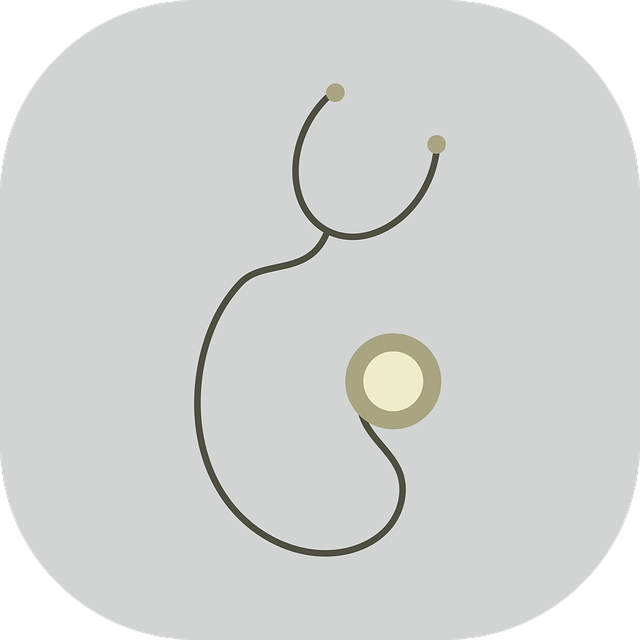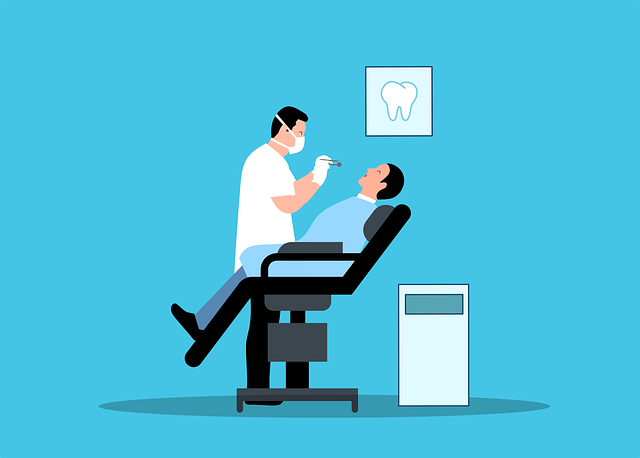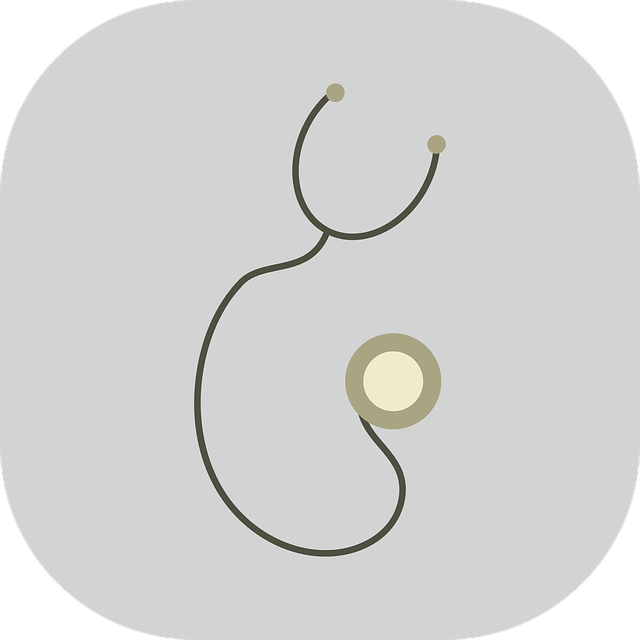In South Africa, choosing between hospital plans and medical aid schemes depends on personal health needs and financial considerations. Hospital plans focus on inpatient care with varying rates, limiting routine check-ups, while medical aid offers broader coverage including outpatient services, preventive care, and mental health support at monthly premiums. The best option balances quality, affordability, and access to preferred healthcare providers. For men's health, hospital plans provide convenient emergency care but longer waits for non-urgent procedures, whereas medical aid ensures faster specialist access with better long-term management. Ultimately, the decision between these options hinges on aligning individual health requirements with their unique benefits.
In South Africa, men face unique health challenges. When choosing between hospital plans and medical aid, understanding each option’s merits is crucial for optimal healthcare. This article provides a comprehensive overview of these two popular health coverage types, highlighting key differences, considerations, pros, cons, and real-world outcomes. By the end, you’ll know which option best suits your needs, ensuring you and your loved ones receive quality care when it matters most. Discover why understanding which is better: hospital plan or medical aid could be a game-changer for your health and well-being.
- Understanding Hospital Plans and Medical Aid: A Comprehensive Overview
- Key Differences Between Hospital Plans and Medical Aid Schemes
- Factors to Consider When Choosing Between Hospital Plan and Medical Aid
- Pros and Cons of Each Option for Men's Health in South Africa
- Real-World Scenarios: Comparing Outcomes with Hospital Plans vs Medical Aid
Understanding Hospital Plans and Medical Aid: A Comprehensive Overview

In South Africa, both hospital plans and medical aid schemes offer essential healthcare coverage, but they differ significantly in structure and benefits. Understanding these distinctions is key when deciding which option best suits individual needs. Hospital plans, as the name suggests, primarily cover inpatient care at hospitals, including specialist consultations, surgeries, and associated treatments. These plans often have specific network hospitals, and members typically pay a daily or fixed amount for each day stayed in hospital.
Medical aid, on the other hand, provides a broader range of healthcare benefits, including outpatient care, preventive services, specialist visits, and prescription medications. Members usually contribute to medical aid schemes through monthly premiums, and these contributions determine the level of cover. Medical aids often have various funds catering to different needs and demographics, offering flexibility in choosing the right plan. When considering which is better between hospital plans and medical aid, individuals should evaluate their healthcare requirements, budget constraints, and preferred service providers to make an informed decision regarding “Which Is Better For Men’s Health: Hospital Plan Or Medical Aid”.
Key Differences Between Hospital Plans and Medical Aid Schemes

In South Africa, both hospital plans and medical aid schemes offer healthcare coverage, but they have distinct characteristics that significantly impact an individual’s health and financial well-being. Which Is Better Hospital Plan Or Medical Aid? It depends on personal circumstances. Hospital plans primarily focus on providing access to inpatient care, including admissions and procedures. They tend to have higher co-payments and may not cover routine check-ups or certain specialist services. On the other hand, medical aid schemes encompass a broader range of healthcare services, encompassing both inpatient and outpatient care, with options for primary, secondary, and tertiary level treatments.
Medical aid often features comprehensive benefits, including dental, optical, and mental health coverage, while hospital plans typically limit their scope to acute care. Additionally, medical aid schemes usually have networks of hospitals and healthcare providers, ensuring members access affordable treatment options. In contrast, hospital plans may offer more flexibility in choosing healthcare facilities but could result in higher out-of-pocket expenses for certain procedures or treatments not included in the plan. Understanding these key differences is crucial when determining whether a hospital plan or medical aid scheme aligns better with individual health and financial needs.
Factors to Consider When Choosing Between Hospital Plan and Medical Aid

When deciding between a hospital plan and medical aid in South Africa, several factors should come into play to determine which is better tailored to your needs. Firstly, consider the scope of cover offered by each option. Hospital plans typically provide coverage for inpatient care, including surgery and hospitalization. On the other hand, medical aid schemes often offer a broader range, encompassing not only inpatient care but also outpatient services, preventive care, and specialist consultations.
Another crucial aspect is cost. Medical aid usually involves monthly contributions or premiums that can vary depending on your age, health status, and the level of cover chosen. In contrast, hospital plans may have different pricing models, such as daily rate or per-visit fees, which could make them more affordable for specific scenarios. Additionally, assessing the network of healthcare providers within each plan’s reach is essential to ensure access to quality care when needed.
Pros and Cons of Each Option for Men's Health in South Africa

When considering which health coverage option is better for men’s health in South Africa, it’s important to weigh the hospital plan and medical aid models. Hospital plans offer a straightforward approach, often providing comprehensive access to hospital services with reasonable co-payments. Pros include wide network coverage of hospitals and specialist doctors, as well as peace of mind knowing that urgent medical care is readily available. However, cons may include limited or no cover for pre-existing conditions, high out-of-pocket expenses for non-emergency procedures, and potential delays in accessing certain specialists due to plan limitations.
On the other hand, medical aid plans typically offer more comprehensive benefits, including routine check-ups, preventative care, and a broader range of medical services beyond hospital stays. They often have lower monthly premiums but can result in higher out-of-pocket expenses for specific treatments or procedures. Pros include better long-term financial protection, access to a wider choice of healthcare providers, and potential tax benefits. Cons may include stricter network restrictions, longer waiting periods for certain treatments, and the need for thorough research to understand the specifics of each plan’s coverage. Which Is Better Hospital Plan Or Medical Aid ultimately depends on individual health needs, financial considerations, and personal preferences.
Real-World Scenarios: Comparing Outcomes with Hospital Plans vs Medical Aid

When considering which healthcare option offers better value for men’s health in South Africa, it’s crucial to look at real-world scenarios and compare outcomes. Hospital plans provide convenient access to a wide range of medical facilities, often with rapid referral systems, which can be beneficial for urgent care. However, these plans may have longer waiting times for non-urgent procedures due to their focus on emergency services. On the other hand, Medical Aid offers more structured coverage, often with dedicated primary healthcare providers, leading to potentially better long-term health management. Members typically experience faster access to specialists and fewer delays for diagnostic tests.
A key distinction lies in the network of service providers. Hospital plans tend to have extensive partnerships with various hospitals, ensuring members can receive treatment at their convenience. Conversely, Medical Aid usually has a curated panel of doctors and facilities, which may lead to slightly more selective options but often results in higher-quality, specialized care for specific medical needs. When deciding between the two, understanding these differences is essential for making an informed choice that aligns with individual health requirements and preferences.
When deciding between a hospital plan and medical aid for men’s health in South Africa, understanding the nuances of each option is key. While hospital plans offer convenience and accessibility, medical aid schemes provide broader coverage and cost savings over time. Considering your specific health needs, budget, and preferred healthcare providers will help determine which option aligns best with your long-term well-being. In the end, both have their merits, but choosing the right fit can significantly impact your overall healthcare experience.

